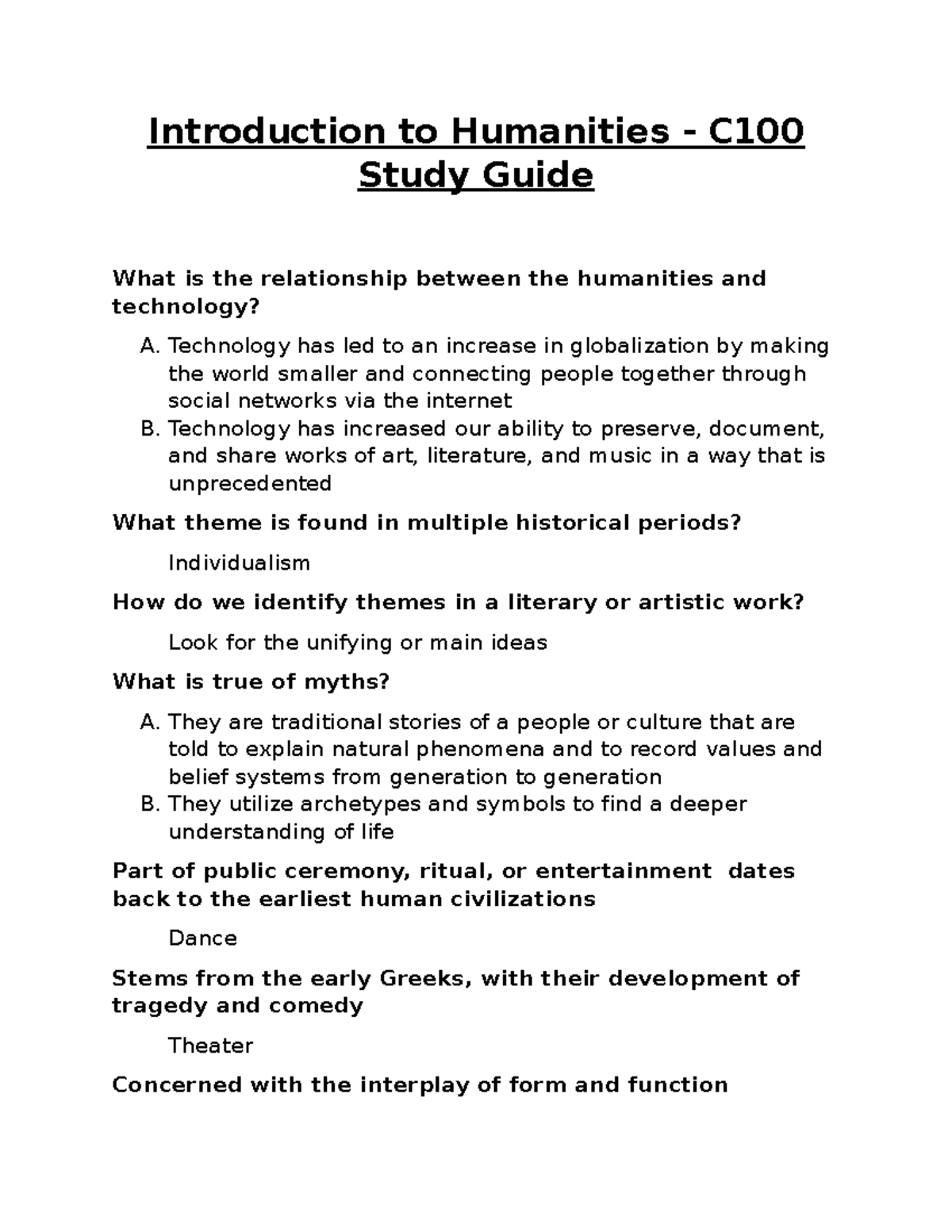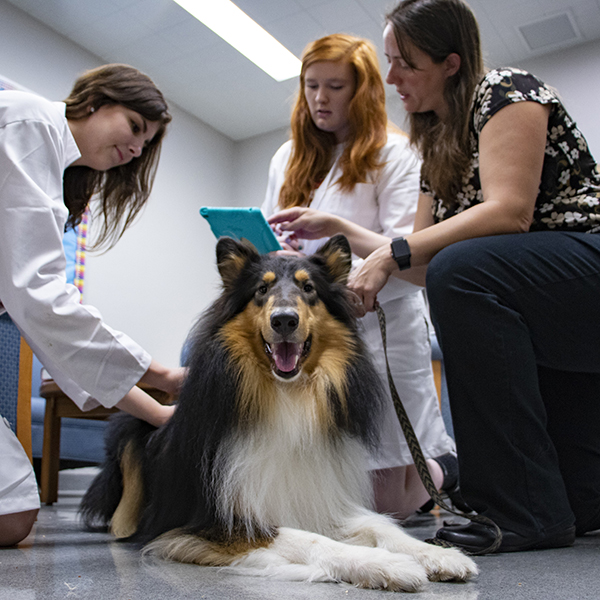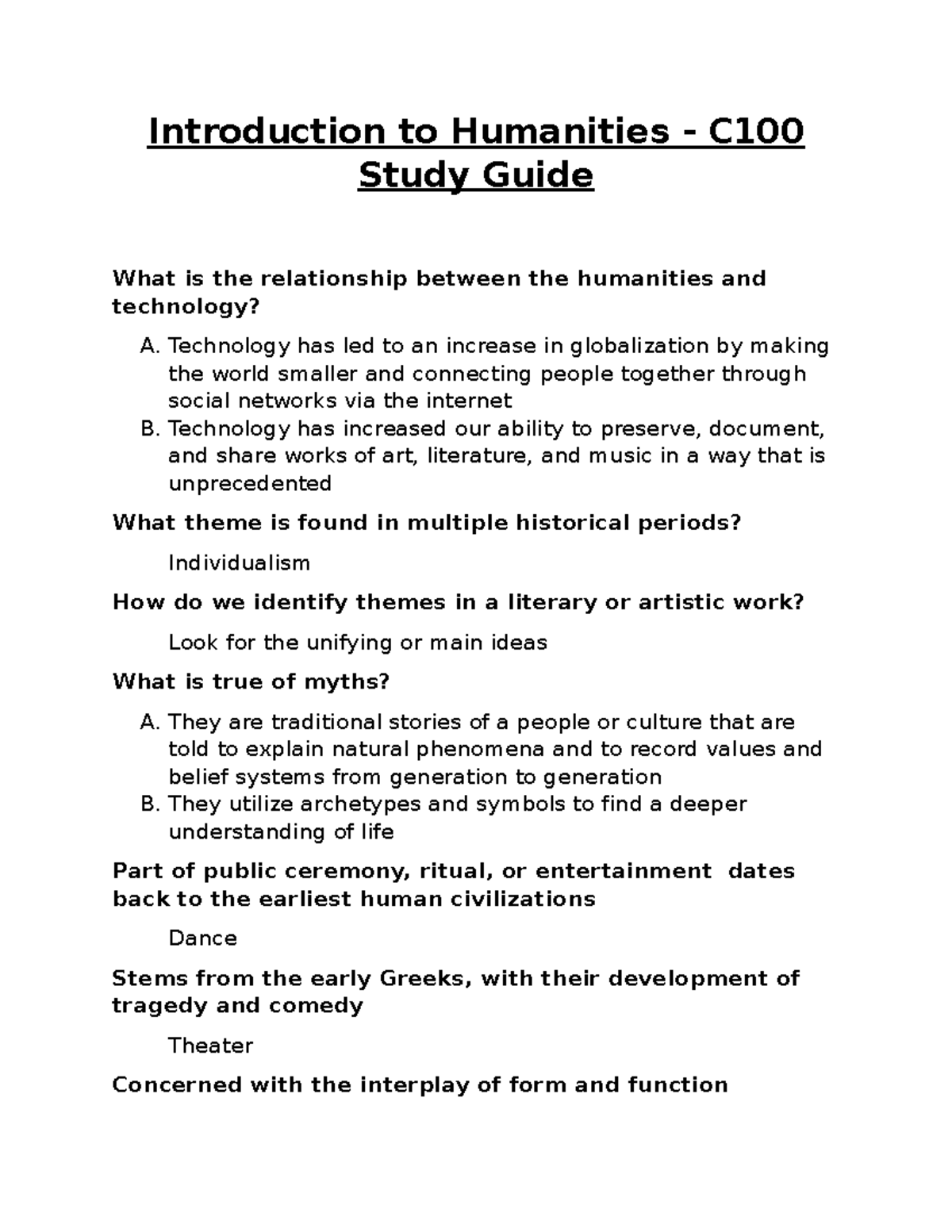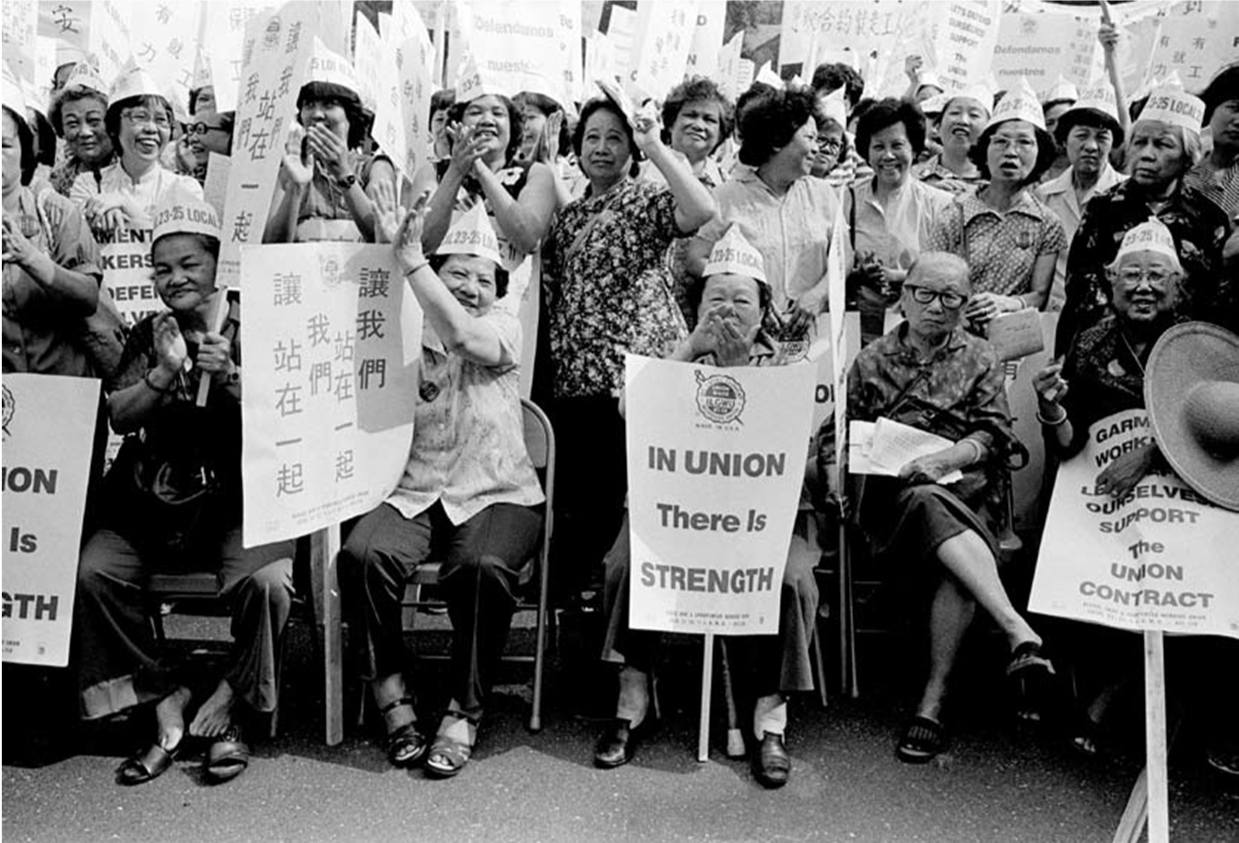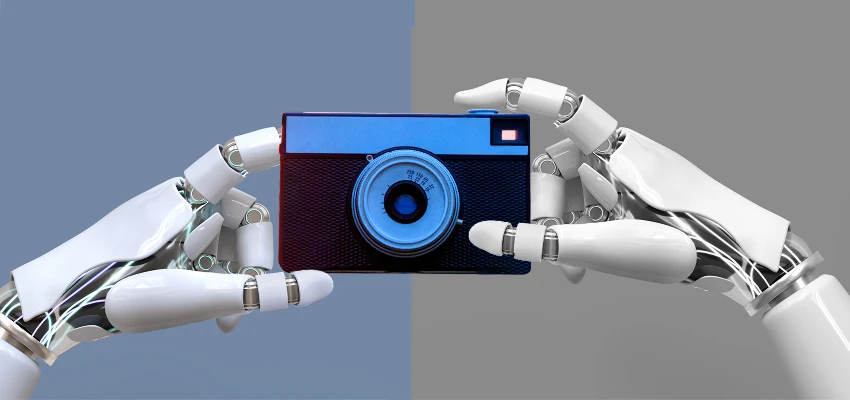AI and social justice intersect at a crucial juncture in our modern world, where technology increasingly shapes our social landscapes. As we plunge into the future of technology, conversations around ethical AI and its implications for social equity in tech are more vital than ever. Scholar Ruha Benjamin passionately underscores this point, urging us to scrutinize the promises of AI that often mask underlying self-interests of the elite. While advancements appear to offer efficiencies, they can also reinforce existing inequalities, particularly affecting marginalized communities. By incorporating insights from the arts and humanities, we might forge a path that not only critiques but also reimagines our technological future to foster genuine social justice.
The dialogue surrounding artificial intelligence and equitable access to its benefits has emerged as a significant concern in contemporary discussions. With the rapid evolution of technological innovations, it becomes imperative to address how these changes impact social fairness and human rights. Thought leaders like Ruha Benjamin encourage a more critical examination of the narratives surrounding AI, shedding light on the potential repercussions of unchecked technological advancement. By intertwining perspectives from various disciplines, including the arts, we can cultivate a more holistic understanding that prioritizes social equity. This approach invites us to envision a world where technology serves the greater good rather than perpetuating cycles of oppression.
The Role of AI in Shaping Social Justice
AI technologies have a profound impact on social justice, influencing how marginalized communities are treated in various spheres including healthcare, law enforcement, and employment. Ruha Benjamin emphasizes that these technologies, rather than serving as neutral arbiters of justice, can exacerbate existing inequalities when not thoughtfully integrated. For example, facial recognition software has been linked to increased false arrests among minorities, highlighting how these seemingly progressive tools can reflect and reinforce systemic bias. Furthermore, as we head towards a future increasingly dictated by algorithms, the necessity for social equity in tech becomes ever more urgent.
The intersection of AI and social justice requires a collaborative effort among technologists, policymakers, and social scientists to ensure that the benefits of technology are equitably distributed. As Benjamin notes, relying solely on the mathematical precision of AI can overlook the nuances of human experience and societal context. Moving forward, it’s essential to engage diverse perspectives in technology development, encouraging the inclusion of voices from the arts and humanities to reimagine AI solutions that genuinely uplift all segments of society.
Imagining a Future Driven by Ethical AI
In considering the future of technology, Ruha Benjamin challenges us to envision a world where AI is harnessed for ethical purposes rather than being a vehicle for oppression. By prioritizing creativity and the insights drawn from the arts and humanities, we can develop AI systems that align with our collective human values. This means asking critical questions about who benefits from technological advancements and ensuring that these systems do not marginalize those already disadvantaged. Ethical AI must strive to dismantle, not reinforce, the systems of power and privilege that contribute to societal injustice.
The pursuit of ethical AI invites innovative thinking around technology’s role in our lives. As Benjamin posits, we must not shy away from imagining radical innovations that could replace harmful systems with equitable solutions. For instance, instead of pursuing technological fantasies that prioritize space colonization or militarized surveillance, we could choose to invest in public goods—such as affordable housing and sustainable transit systems—that enhance quality of life for all. By collectively embracing such visionary creativity, we may cultivate a tech-driven future that emphasizes solidarity and respect for every individual.
Integrating Arts and Humanities in Tech Development
Benjamin argues for the crucial integration of arts and humanities into technology development to foster a more equitable future. This interdisciplinary approach can nurture creativity and critical thinking, empowering teams to question the foundations of the technologies they create. By engaging with literature, philosophy, and the social sciences, technologists can develop a more profound understanding of the societal implications of their work and avoid the pitfalls of treating human experiences as mere data points.
Encouraging collaboration between technologists and artists or humanists offers a way to counteract the increasing commodification of human experiences in the age of AI. This partnership can lead to innovative solutions that address real-world problems, such as designing AI systems that prioritize human welfare and promote social equity. As we confront the challenges posed by emerging technologies, integrating insights from diverse fields can be a powerful strategy for reimagining a just and compassionate technological future.
The Altruism Fallacy in Technological Innovation
In her discussions, Ruha Benjamin highlights the often-misplaced trust in tech elites who market their innovations as altruistic solutions to society’s problems. This perception overlooks the reality that many technological advancements, particularly in AI, serve to perpetuate capitalistic interests rather than address the root causes of social issues. By scrutinizing the motivations behind these so-called altruistic innovations, we can better understand how they might serve narrow interests at the expense of broader social equity.
Addressing this altruism fallacy requires a collective awareness and critique of the narratives that surround AI and its development. By challenging these dominant discourses, we push for accountability and demand that technological advancements reflect a commitment to justice rather than profit. It’s essential that the public remains vigilant, ensuring that innovations genuinely serve the public good and do not merely line the pockets of those in power.
Rethinking Utopian Visions of Technology
Ruha Benjamin presents a compelling argument for rethinking utopian visions tied to technological advancements. Instead of glorifying AI as a panacea for societal woes, it is crucial to evaluate the societal costs of such technologies. By critically examining the potential implications of AI on social structures, we can begin to envision a future that genuinely uplifts and includes everyone—beyond the confines of tech bestsellers that often depict an elite-driven paradise.
This reimagining of utopian ideals in technology also urges us to dismantle the mental barriers that confine our thinking. It calls on individuals to envision alternatives that prioritize community well-being and sustainability over unchecked advancement. As we navigate this technological landscape, imagining a future with equitable access to resources and opportunities becomes not just a possibility, but a responsibility we share collectively.
The Ethical Implications of Deep Learning
Deep learning, often seen as the cornerstone of modern AI advancement, presents a host of ethical challenges when applied without social context. Ruha Benjamin critiques the reliance on computational depth without an accompanying understanding of its societal impact. This disconnect can result in technologies that amplify existing biases and inequalities, particularly for marginalized communities, demonstrating the significance of integrating ethical considerations into AI development.
As AI continues to evolve, it is essential to move beyond the technical prowess of deep learning and towards an approach that considers the broader social fabric. This means assessing the implications of AI decisions on individuals’ lives and actively working to mitigate any harm they might cause. By embedding ethical frameworks within AI design, we can begin to reverse the trend of discrimination disguised as data-driven decisions, promoting technologies that enhance social equity.
Reimagining Public Goods in a Technological Era
Benjamin encourages a shift in focus from high-tech innovations favored by corporations to the reimagining of public goods that enhance the quality of life for the majority. This perspective argues that as society progresses into a highly technological era, it becomes increasingly important to advocate for equitable access to essential services like public transportation, healthcare, and housing. Such public goods can serve as the foundation for a society that values collective well-being over individual profit.
By prioritizing the development of public infrastructure that is inclusive and accessible, we can challenge the narrative that perpetuates the belief that only technological advancements from elite frameworks are valuable. Investing in sustainable public goods not only fosters community cohesion but also creates a more resilient society that can better withstand the challenges posed by rapid technological changes. Reimagining these foundational aspects of civil life should be central to our discussions about the future of technology.
Dismantling Mental Barriers to Innovation
Ruha Benjamin’s call to dismantle mental barriers highlights a significant aspect of how we approach new technology and social change. The entrenched belief that radical improvements are unrealistic limits the scope of our imagination when considering technological futures. By encouraging individuals and communities to challenge these limiting beliefs, we open doors to more innovative and inclusive approaches to problems faced by society.
This process of mental unlearning is crucial in fostering a creative environment that accepts and embraces bold ideas. By adopting a mindset that allows for questioning the status quo, we can develop technologies that are not only less harmful but also transformative. As we envision communities free from the constraints of conventional thinking, we are more likely to cultivate innovative solutions that address the pressing social issues of our time.
The Intersection of Technology, Community, and Governance
The interplay between technology, community, and governance is another critical area of focus in Benjamin’s discussions. As we consider the future of AI and its implications for social justice, it is essential to recognize that technology does not exist in a vacuum. It interacts with political and social systems that shape its impact, reaffirming the need for thoughtful governance that prioritizes transparency, accountability, and community involvement in technology implementation.
Engaging with communities in technological decision-making processes can ensure that the tools developed serve the needs of the people rather than the interests of a select few. By promoting participatory governance models, we can empower individuals and communities to have a voice in the technologies that affect their everyday lives. This collaborative approach not only fosters a more equitable tech landscape but also bridges the gap between technical decision-making and the lived experiences of diverse populations.
Frequently Asked Questions
How does AI relate to social justice in the future of technology?
AI has the potential to either promote or hinder social justice in technology. When designed and implemented with consideration for social equity, AI can enhance opportunities for marginalized communities. However, if driven by profit and self-interest, as highlighted by Ruha Benjamin, it can exacerbate social inequalities, leading to discrimination and oppression. Ensuring an ethical AI framework is crucial for achieving social justice.
What insights does Ruha Benjamin provide on ethical AI and social equity in tech?
Ruha Benjamin emphasizes that ethical AI should not only focus on technical efficiency but also consider historical and social contexts. She argues that AI technologies must be developed with an understanding of societal impacts, particularly on marginalized groups. The moral implications of AI go beyond algorithms; they require a commitment to equity and justice in technology.
Are there examples of AI technologies impacting social equity?
Yes, there are numerous examples where AI technologies have adversely affected social equity. For instance, facial recognition systems have resulted in false arrests disproportionately affecting people of color, and automated decision-making in healthcare has reinforced inequalities. Ruha Benjamin’s work illustrates the need for ongoing scrutiny of AI’s societal implications to ensure equitable outcomes.
What role do the arts and humanities play in shaping the future of AI and social justice?
The arts and humanities are vital in shaping the discourse around AI and social justice, as they encourage critical thinking and creativity. Ruha Benjamin advocates for integrating insights from these fields to imagine more holistic approaches to technology that prioritize human dignity and social equity, rather than mere technical accomplishments.
How can we envision a future where AI contributes positively to social justice?
To envision a positive future with AI and social justice, it’s crucial to challenge existing paradigms and develop inclusive technologies that reflect diverse perspectives. This requires collaboration across disciplines, incorporating values from the arts and humanities, and actively listening to marginalized voices to create AI systems that empower rather than oppress.
| Key Points | Details |
|---|---|
| Critique of Tech Elites | Ruha Benjamin argues that tech billionaires cannot be trusted to address human suffering as their motivations are often self-interested. |
| AI and Oppression | Technologies branded as efficient may actually increase oppression, using examples like bias in facial recognition and healthcare triage systems. |
| Rethinking Knowledge | Emphasizes the need for a variety of knowledge at the table, not just technical expertise; highlighting that current tech solutions often ignore societal understanding. |
| Importance of Imagination | Calls for creativity and imagination in rethinking futures, urging universities to focus more on arts and humanities to invent alternatives to current systems. |
Summary
AI and social justice are pivotal topics in contemporary discussions about technology’s role in society. Ruha Benjamin’s insights urge us to challenge the narratives surrounding AI, promoting a vision that emphasizes social responsibility and inclusivity. By advocating for creativity and a deeper understanding of societal issues, Benjamin encourages a reevaluation of our approach to technology. Instead of accepting the dystopian futures often portrayed by tech elites, we should imagine a just world where AI serves the greater good, dismantling systems of oppression and inequality.

